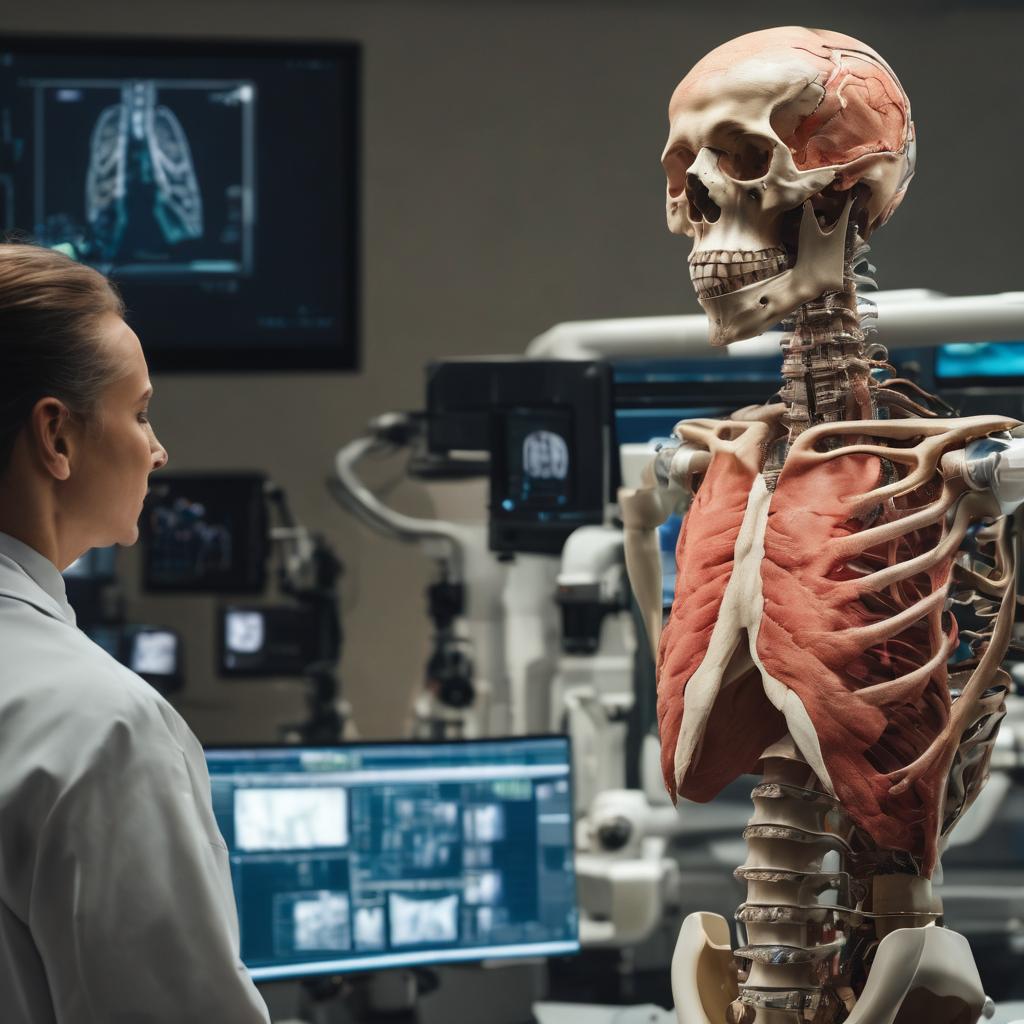- Home
- >
- Specialities
- >
- Pulmonologist
About the Pulmonologist
Pulmonologist is a field that focuses on the health of the respiratory system, treating everything from asthma to tuberculosis. These specialists diagnose and treat conditions that affect the respiratory system. they have expertise in various types of respiratory disorders: infectious, structural inflammatory, and neoplastic.

- Respiratory System Overview:
- The respiratory system consists of organs involved in breathing, including the lungs, bronchi, trachea, diaphragm, and related structures.
- Pulmonologists focus on understanding the anatomy, physiology, and function of these respiratory organs.
- Diagnostic Procedures:
- Pulmonologists use a variety of diagnostic tools and procedures to assess respiratory health.
- Common diagnostic tests include spirometry (lung function testing), imaging studies (X-rays, CT scans), bronchoscopy (visual examination of airways), and pulmonary function tests.
Infectious Respiratory Disorders:
- Pulmonologists specialize in the diagnosis and treatment of respiratory infections, such as pneumonia, bronchitis, and tuberculosis.
- They may prescribe antibiotics or antiviral medications and provide guidance on preventive measures.
Common Respiratory Disorders:
- Pulmonologists diagnose and treat a wide range of respiratory conditions, including but not limited to:
- Asthma: Chronic inflammation of the airways leading to recurrent episodes of wheezing, breathlessness, and coughing.
- Chronic Obstructive Pulmonary Disease (COPD): A group of progressive lung diseases, including chronic bronchitis and emphysema, characterized by airflow obstruction.
- Pneumonia: Inflammation of the lung tissue usually caused by infection, leading to symptoms like fever, cough, and difficulty breathing.
- Tuberculosis (TB): An infectious disease caused by the bacterium Mycobacterium tuberculosis, primarily affecting the lungs.
- Lung Cancer: Pulmonologists play a crucial role in the diagnosis and treatment of lung cancers, which can be caused by various factors, including smoking and environmental exposures.
- Pulmonologists diagnose and treat a wide range of respiratory conditions, including but not limited to:
Structural and Inflammatory Disorders:
- Pulmonologists deal with conditions that involve structural abnormalities or chronic inflammation of the respiratory system.
- Examples include interstitial lung diseases, pulmonary fibrosis, and bronchiectasis.
Neoplastic Disorders:
- Pulmonologists are crucial in the multidisciplinary approach to the diagnosis and treatment of lung cancers, addressing issues like staging and treatment options.
Critical Care Medicine:
- Many pulmonologists also have expertise in critical care medicine, managing patients in intensive care units (ICUs) who require mechanical ventilation or other life-support measures.
Treatment Modalities:
- Pulmonologists employ a variety of therapeutic interventions, including medications, pulmonary rehabilitation, lifestyle modifications, and, in some cases, surgical procedures.
Our Doctors
Sunshine Hospital – Matola
- Dr. Albertino Paulo Fernando Mualinque
- Dr. Susete Roberto Pelevede


